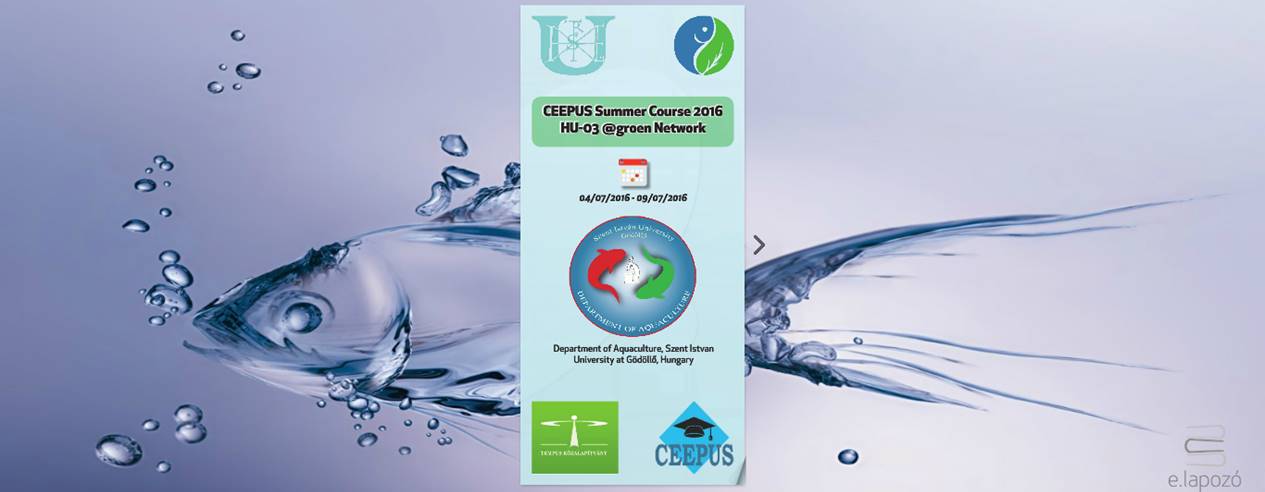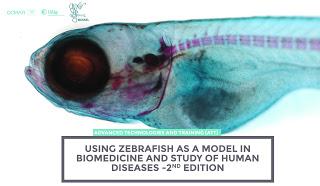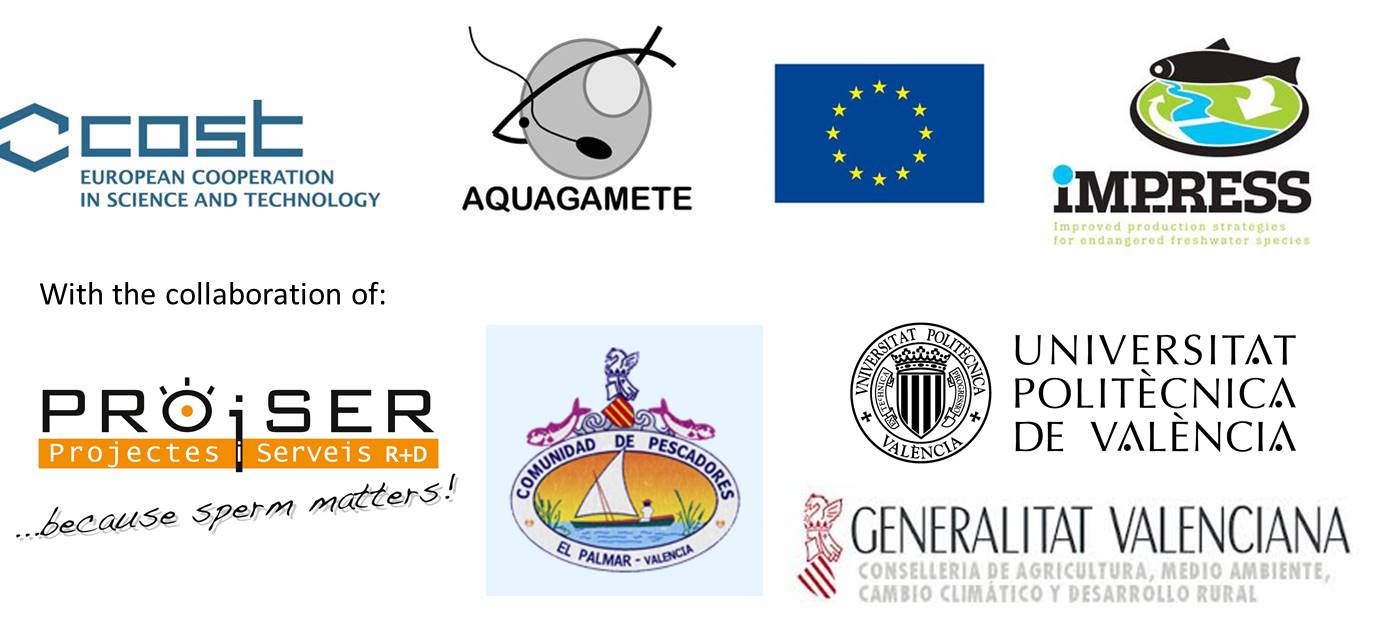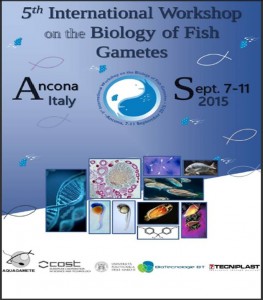POSITION FOR PH.D. STUDENT – TRAINING PROGRAM
ON FISH PARASITOLOGY
The Fish Pathology Group at the Institute of Aquaculture Torre la Sal (Castellón, Spain) is seeking to incorporate a Ph.D. student to conduct a research training program and Ph.D. thesis starting on 2016.
The subject will be the identification molecular targets for the immunoprophilaxis and/or therapy of enteric Myxozoan parasites of cultured fish using genomic/transcriptomic approaches, and the Ph.D.
Thesis will be framed in the EU- funded project
PARAFISHCONTROL: (http://cordis.europa.eu/project/rcn/193286_en.html; www.parafishcontrol.eu)
We are interested in a highly motivated young student (less than 4 years post-graduation) with a competitive profile on life sciences (preferably Fish Microbiology, Parasitology and/or Immunology) and preferably with a solid background on Molecular Biology and Bioinformatics (transcriptomics, insilico gene expression, vaccinology, etc.) and fish pathology.
Our institute belongs to the Spanish “Consejo Superior de Investigaciones Científicas (CSIC), and includes state of the art facilities for basic and applied research on Fish Diseases and other topics related to aquaculture. The position consists on a 3-4 years contract under the general CSIC conditions for Pre-doc positions. A selection commission will consider aspects such as the graduate’s qualifications and CV, motivation, and fitness for the required profile. Candidates must be EU citizens or alien citizens with legal residence in Spain.
The incorporation would be in Jan 2016 or the earliest possible after this date depending of the candidate availability and possible administrative issues.
Candidates are encouraged to submit a brief letter manifesting their motivation and general skills, together with a short CV to Dr. Ariadna Sitjà-Bobadilla (ariadna.sitja@csic.es) and/or to Dr. Oswaldo Palenzuela (oswaldo.palenzuela@csic.es).





